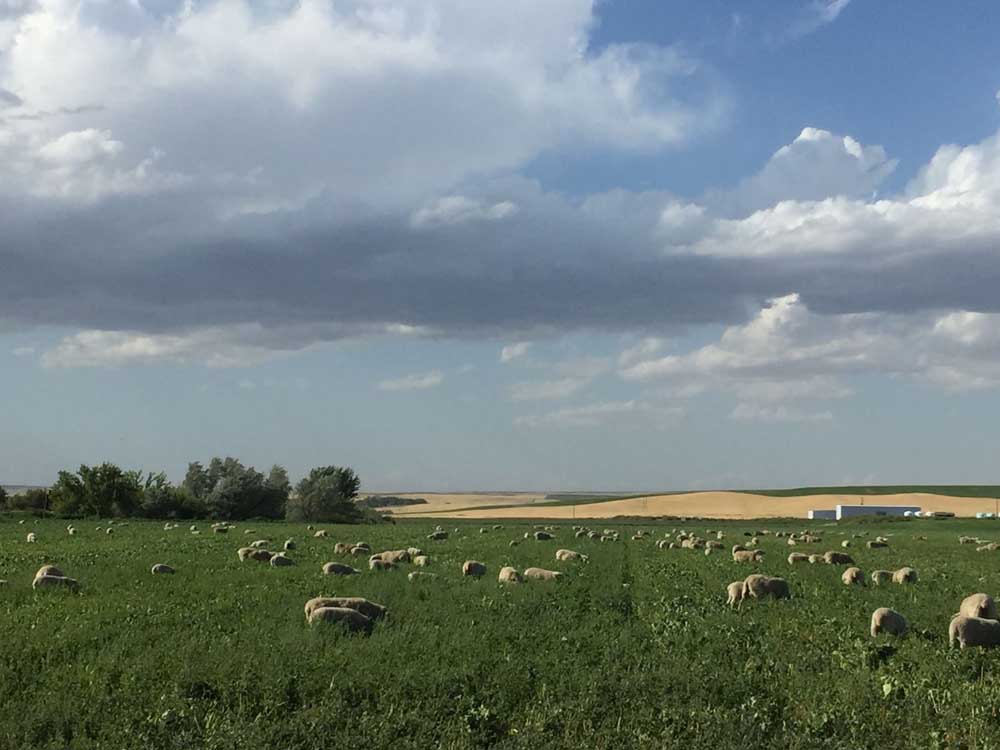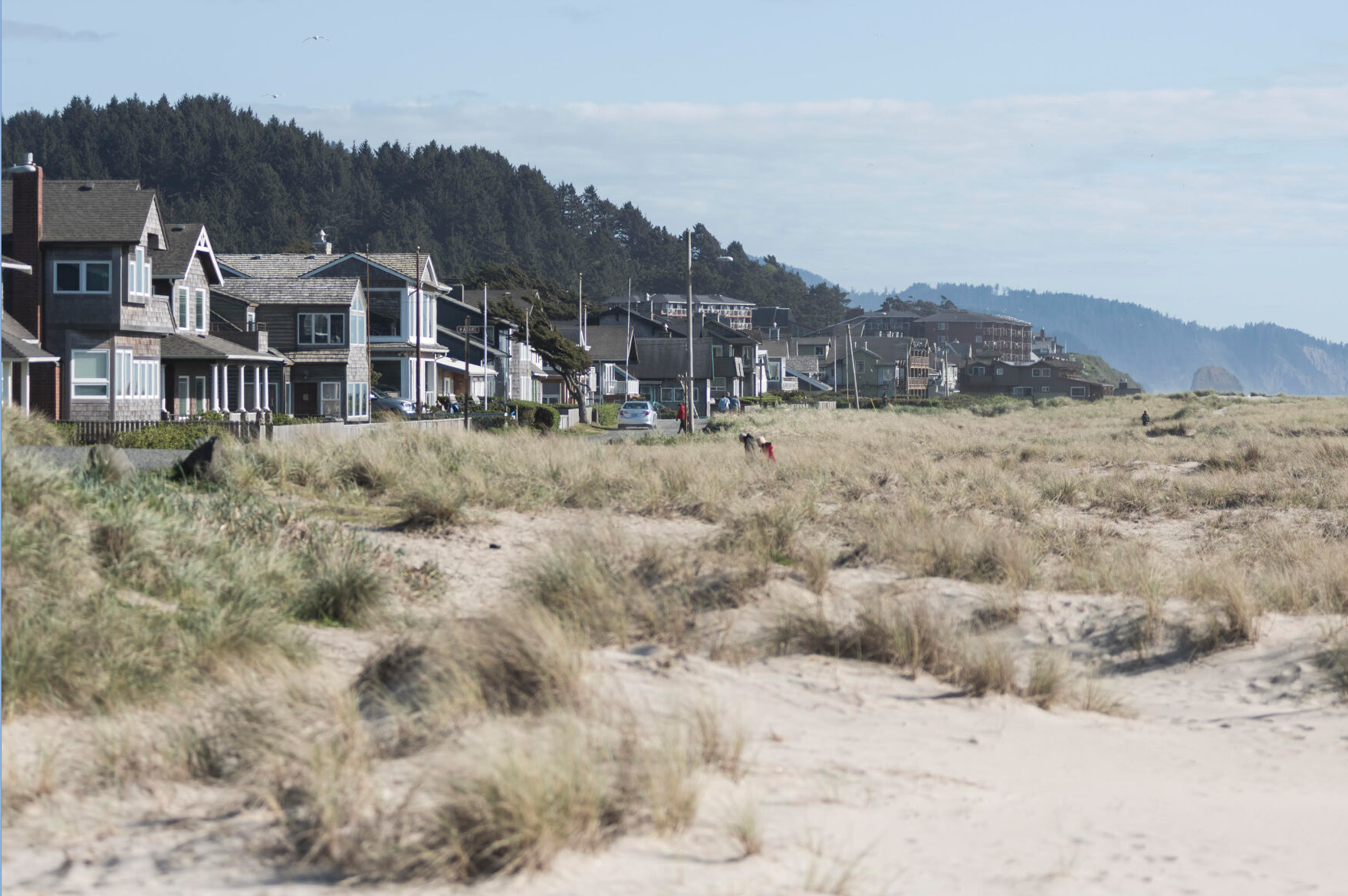Our View: A welcome break from climate denialism
Published 12:30 am Thursday, December 10, 2020

- The Upper Dry Creek Ranch south of Milton-Freewater has built a reputation and market around sustainability practices and high-quality meat.
Even as climate change deniers in the Trump administration were blocking a reckoning, a new coalition of farm groups and environmentalists was meeting secretly — building a 40-point climate program to present the incoming Biden government.
Trending
A Nov. 20 story in our sister publication, the Capital Press, describes the new Food and Agriculture Climate Alliance.
A few examples of the climate alliance’s initial recommendations include expanding use of anaerobic digesters with manure, changing food labels to include both “best by” and “use by” dates to reduce food waste, creating performance-based tax credits for farms that improve soil health, encouraging carbon sequestration through financial incentives and more.
There are at least two implications in the alliance’s existence. Farmers are breaking away from Republican climate denialism. That is an exceedingly pragmatic and realistic move. “Our goal from the start was to be at the table with the policy development process, not sort of reacting after the fact,” said Chuck Conner, the president and CEO of the National Council of Farmer Cooperatives.
Trending
The second implication is that farmers, like so many other players in the American economy, see the effects of climate change. Among the organizations that decades ago developed climate strategies are the Weyerhaeuser Co., Coca-Cola and the Central Intelligence Agency.
The Pacific Northwest oyster industry has long recognized the ways in which climate change will alter the habitat it depends on. Willapa Bay-based Goose Point Oyster Co., for example, started raising oyster seed in Hawaii nearly a decade ago as a hedge against acidifying West Coast seawater.
It is especially heartening to see the climate alliance’s emergence at the moment when the Biden administration is preparing to take office. After four years of a president who laid land mines throughout the federal government, designed to inhibit and prohibit scientific discussion and action on climate, the tone of the alliance’s approach is decidedly forward-looking, fact-based and realistic.
Since publication of our 2006 companywide series spotlighting climate change, this newspaper and our parent company have regarded this as the century’s most pressing issue. It is at once a transformation with profound international and local effects.
And it is later than we think. 2020’s record-setting hurricanes in the Atlantic, epic Western wildfires, toxic algal blooms and other phenomena sound an alarm about all the climate chaos to come. Humanity will pay a steep price if we fail to strongly act upon our awareness that the climate is changing in countless ways.
Farmers — whether they grow soybeans, seafood or Douglas fir — are our front line against the harm gathering speed around us. Practical and closely tied to the health of the land, air and water, American commodity producers have always been instinctive environmentalists — even if some might bridle at being bunched with certain environmental groups that can come off as arrogant, ignorant, urban and blind to legitimate rural concerns.
This isn’t to say all farmers and ranchers always act in everyone’s long-term best interest. There isn’t anyone working in agriculture, aquaculture or forestry who can’t discretely point to some neighbor who overirrigates, overgrazes, is too sloppy in applying pesticide or fertilizer, or commits some other land use sin.
But most are good stewards of the farms they treasure. They work to improve their property and want to eventually pass it into other caring hands. They are conservative in the old-fashioned sense of wanting to conserve what they love. Get past partisan politics, and conservatives and conservationists have much in common.
Environmental groups that actually want to make a difference in the climate struggle — as opposed to demonizing agriculture and forestry just to generate financial donations — will continue seeking out ways to cooperate with front-line producers. And farmers of every kind can preserve their ways of life by finding mutually beneficial partnerships with rational environmentalists.
After too many years of knee-jerk confrontation, the prospects are enticing. As an official with the Environmental Defense Fund said about the Food and Agriculture Climate Alliance’s formation, “I know it sounds crazy, but we had fun together. I hate the word ‘unprecedented’ because people use it for everything in 2020. But hey, we might as well do something else unprecedented.”









